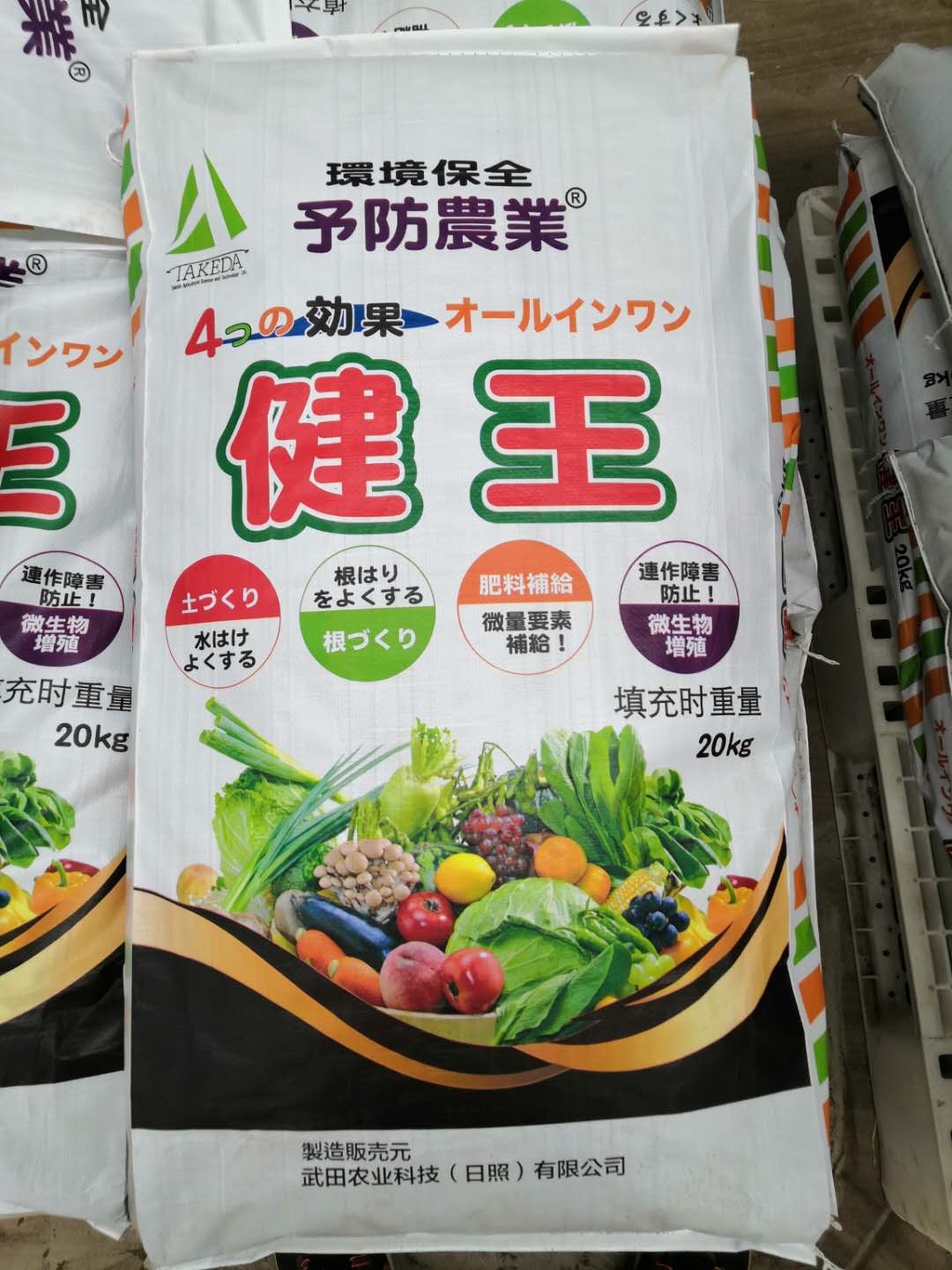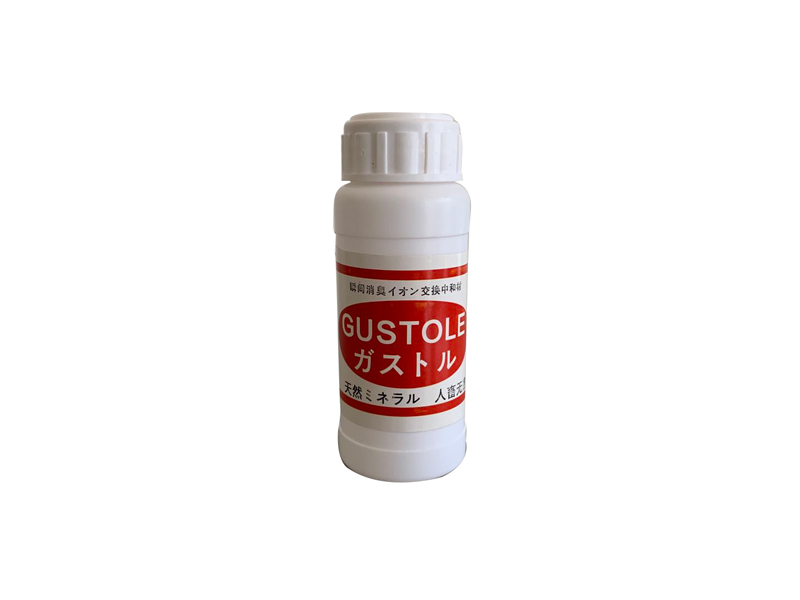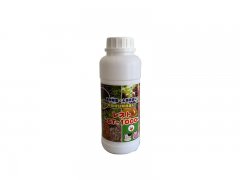What are the functions of organic fertilizer and what are th
Organic fertilizer mainly comes from plants and / or animals, and is applied to soil to provide plant nutrition as its main function. So, do you know the benefits of organic fertilizer on crops? Let's get to know about it.
1. Crop growth, crop yield: the metabolites secreted by beneficial bacteria can promote the growth and development of crops, inhibit overgrowth, adjust the balanced absorption of nutrients and balance growth. The root system of the crop is developed, the leaf surface is wide and thick, soft and tough, the photosynthesis is enhanced, the flowering is early, the fruit is many, the fruit is even, and the yield is high.
2. The expression of resistance genes was induced, and the resistance of crops to disease and adversity was improved. On the one hand, beneficial bacteria propagate around the roots of crops to form a dominant flora, which can effectively prevent the pathogen from infecting crops, reduce the chance of crop disease, and prevent the occurrence of bitter pox and green rust. On the other hand, some metabolites can induce crops to produce antibodies and enhance the disease resistance and stress resistance of crops. Enhance the ability of crops to resist drought, flood and low temperature.
3. Material synthesis, improve the quality of agricultural products. The appearance of agricultural products, the synthesis of amino acids, soluble sugar, vitamins and other nutrients, reduce the content of nitrate, heavy metals and other harmful substances, good taste of agricultural products, long preservation time, storage resistance, and high commodity value.
The above are the three benefits of organic fertilizer to crops. At the same time, it can also improve the soil structure, enhance the cost of soil fertilizer, and is conducive to the growth of crops.
Extended reading:
Soil is the root for crops to grow and provide nutrients. Good quality soil can provide a good growth environment for crop roots. When the roots are strong, it can not only absorb nutrient energy, increase yield and quality, but also improve disease resistance, cold resistance, drought resistance and waterlogging resistance. However, in view of the current situation of agricultural development, there are only two ways to get good quality soil (fertile soil): the favor and favor from farmers, such as the black soil naturally formed in Northeast China (high content of organic matter); or "large and correct use of organic fertilizer".
Organic fertilizer mainly contains three functional components
(1) A small amount of nitrogen, phosphorus, potassium and trace elements needed by plants can provide basic comprehensive nutrients for plants;
(2) Organic matter has soil physical properties (aeration, water retention, hardening, etc.) and chemical properties (pH adjustment, etc.);
(3) Probiotic phase can adjust the microbial phase of root environment, help to retain, decompose and absorb nutrients, and prevent soil borne diseases.
With the application of organic fertilizer, the plant root environment can be improved in a short time and year by year, thus increasing the quality and yield of agricultural products.
At present, there are still many agricultural workers who insist on using unripe animal manure. Livestock manure without full fermentation process is like raw rice meat. The application of unripe livestock manure to plants is equivalent to human eating raw rice meat. Long term use will inevitably cause timely and continuous damage to plants (root damage, seedling burning, bad flora, soil damage caused by harmful components, greatly reducing the economic value and life of plants, etc.). There used to be "agriculture", arguing with me about the value of uncooked animal manure (low cost and high nutrition), but I often expressed it in a stern tone: no need to argue, is it good to eat raw rice and meat? Or cooked food with balanced nutrients after cooking?








